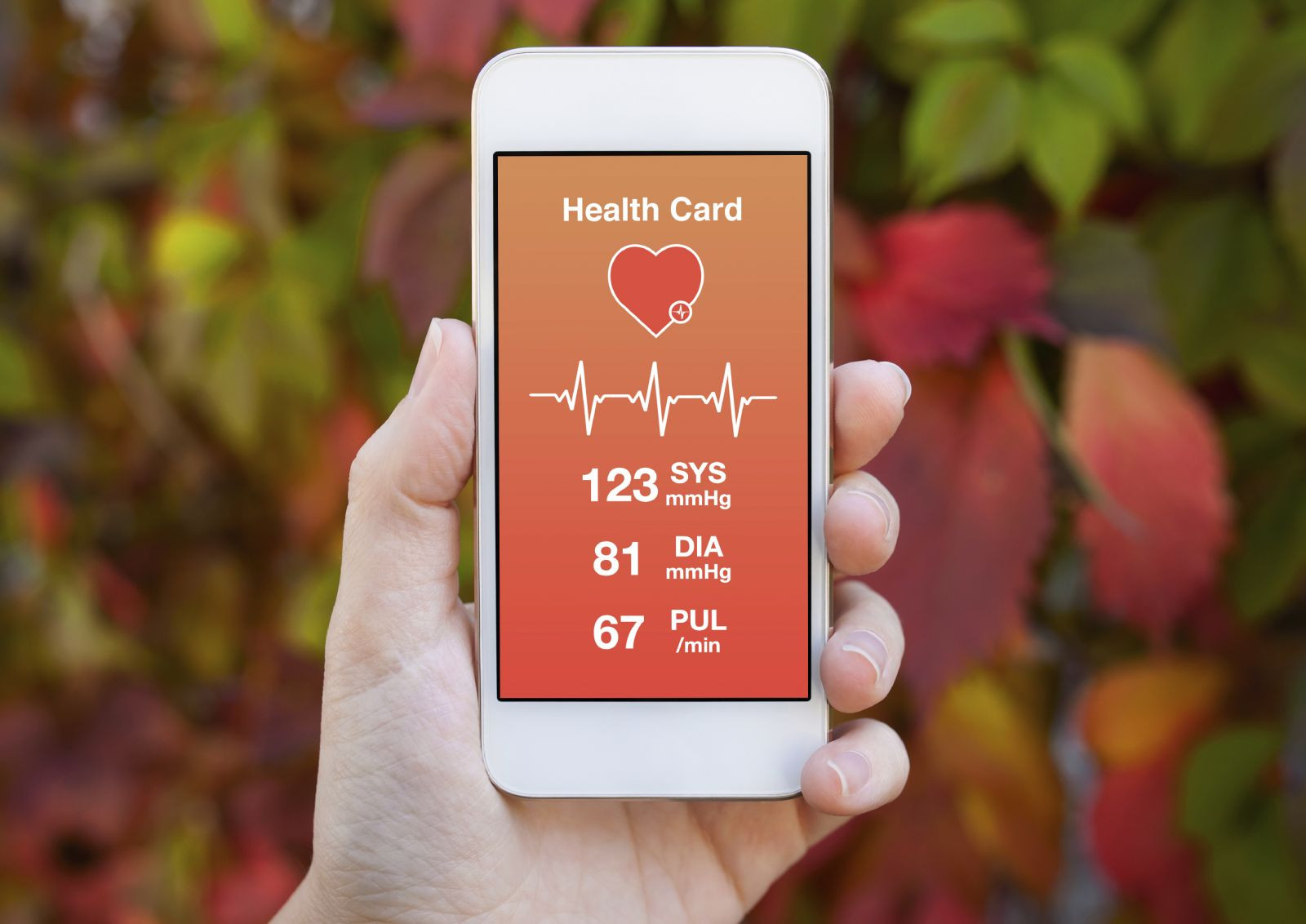
How — and why — to fit more fiber and fermented food into your meals

UTI in older women: Why postmenopausal women are susceptible to urinary tract infection, and what to do about it

Can a routine vaccine prevent dementia?

Some adults may need a measles booster shot. Who should get one and why?

Less butter, more plant oils, longer life?

Healthier planet, healthier people

Counting steps is good — is combining steps and heart rate better?

Appendix pain: Could it be appendicitis?

Can saw palmetto treat an enlarged prostate?

How does Ozempic work? Understanding GLP-1s for diabetes, weight loss, and beyond
Healthcare Archive
Articles
Tips for evaluating hospitals
Hospital rankings from magazines and websites base their evaluations on performance measures such as patient safety, survival, technology, and readmission rates. Image: Thinkstock |
Your doctor will make the call, but you can stay informed about the hospital you're admitted to through patient reviews, independent rankings, and satisfaction surveys.
Must-have high-tech tools for caregivers
|
When you are caring for someone who is ill, elderly, or disabled, it's important to consider how you'll handle those times when you can't be with your loved one in person. Thankfully, today's technology offers options that can help you keep track of your loved one's safety and well-being.
Most people are familiar with the emergency response system known as Lifeline. Experts call devices and systems like Lifeline "telecare." But there's much more to telecare than emergency assistance. Today, there are a multitude of telecare devices that can help you stay informed of your loved one's activities and needs in real time.
Why your annual check-up is still important to your health
The annual visit helps to sustain your relationship with your clinician and personalize your health care. Image: Thinkstock |
Although health experts are giving us fewer reasons to see the doctor every year, there are many benefits to doing so.
Can't wait to see the doctor? You have choices
Emergency rooms, urgent care clinics, and retail clinics offer immediate care. Your symptoms determine which to use.
You've probably had an illness or injury that you weren't quite sure how to handle. Maybe it was a rattling cough, a finger slammed in a car door, or a rash crawling up your arm. If you can't get in to see your doctor, you have a few options for immediate treatment—the clinic at the nearby shopping mall, an urgent care center, or the emergency room at the nearest hospital. How do you decide which one to go to?
Why I'm not prescribing statins for all my patients
If you're over 75, ask your doctor whether you would benefit from taking a statin. Image: Thinkstock |
By Anne Fabiny, M.D., Editor in Chief
Every so often, medical professional organizations issue new guidelines for treating diseases, based on an accumulation of new evidence. In 2013 the American College of Cardiology and American Heart Association issued a guideline on treating blood cholesterol to reduce atherosclerotic cardiovascular disease (ASCVD) risk, using a new risk calculator (online at health.harvard.edu/heartrisk) to estimate a person's risk of developing ASCVD over the next 10 years. The guideline created a controversy because using the new risk calculator gives everyone over 75 a risk score of at least 7.5%—the threshold for prescribing statins to prevent heart disease in younger people. By that measure, everyone over the age of 75 should be on a statin!
When the doctor prescribes physical rehabilitation
Make sure you communicate with your rehab team, and speak up if something in the program isn't working for you. Image:Thinkstock |
Here's how to get the most out of physical therapy and cardiac rehab.
Attention caregivers: Making use of helpful services
Being a caregiver for an ailing parent, spouse, child, or other loved one can feel like a lonely undertaking. It needn't, even if you don't have family nearby to pitch in. Help for caregivers is available from various organizations. Once you learn what's available, it may be easier to chart a less-demanding course toward meeting the needs of your spouse, relative, or friend.
Here are some types of services and professionals you might want to investigate.
The dollars and sense of long-term care
Even if you feel you've saved enough money for the future, it's important to start planning for long-term care now, when you can make sound decisions. Images: Thinkstock |
Why you should plan now for care you may need later.
How to be a savvy hospital shopper
Be skeptical and get the big picture from multiple sources.
When you need to find a hospital or medical center to have non-emergency surgery or a diagnostic procedure, you often have a choice—assuming you clear it with your insurance provider. How do you figure out the best place to go?

How — and why — to fit more fiber and fermented food into your meals

UTI in older women: Why postmenopausal women are susceptible to urinary tract infection, and what to do about it

Can a routine vaccine prevent dementia?

Some adults may need a measles booster shot. Who should get one and why?

Less butter, more plant oils, longer life?

Healthier planet, healthier people

Counting steps is good — is combining steps and heart rate better?

Appendix pain: Could it be appendicitis?

Can saw palmetto treat an enlarged prostate?

How does Ozempic work? Understanding GLP-1s for diabetes, weight loss, and beyond
Free Healthbeat Signup
Get the latest in health news delivered to your inbox!
Sign Up











